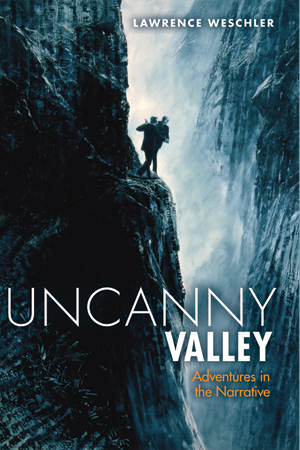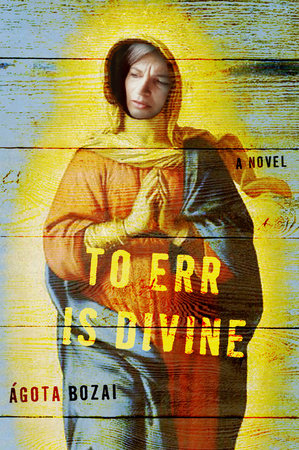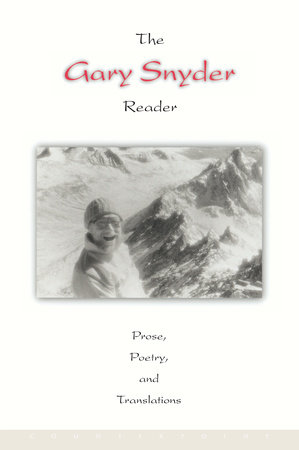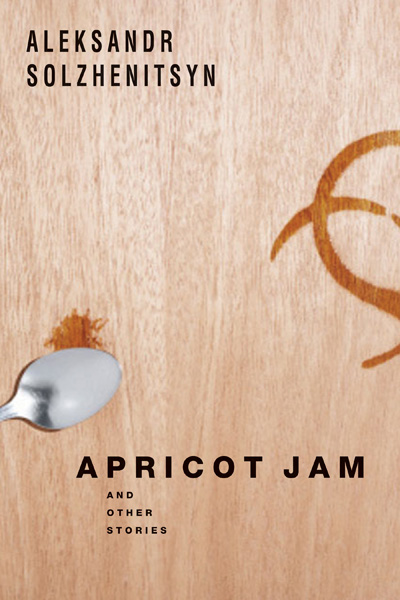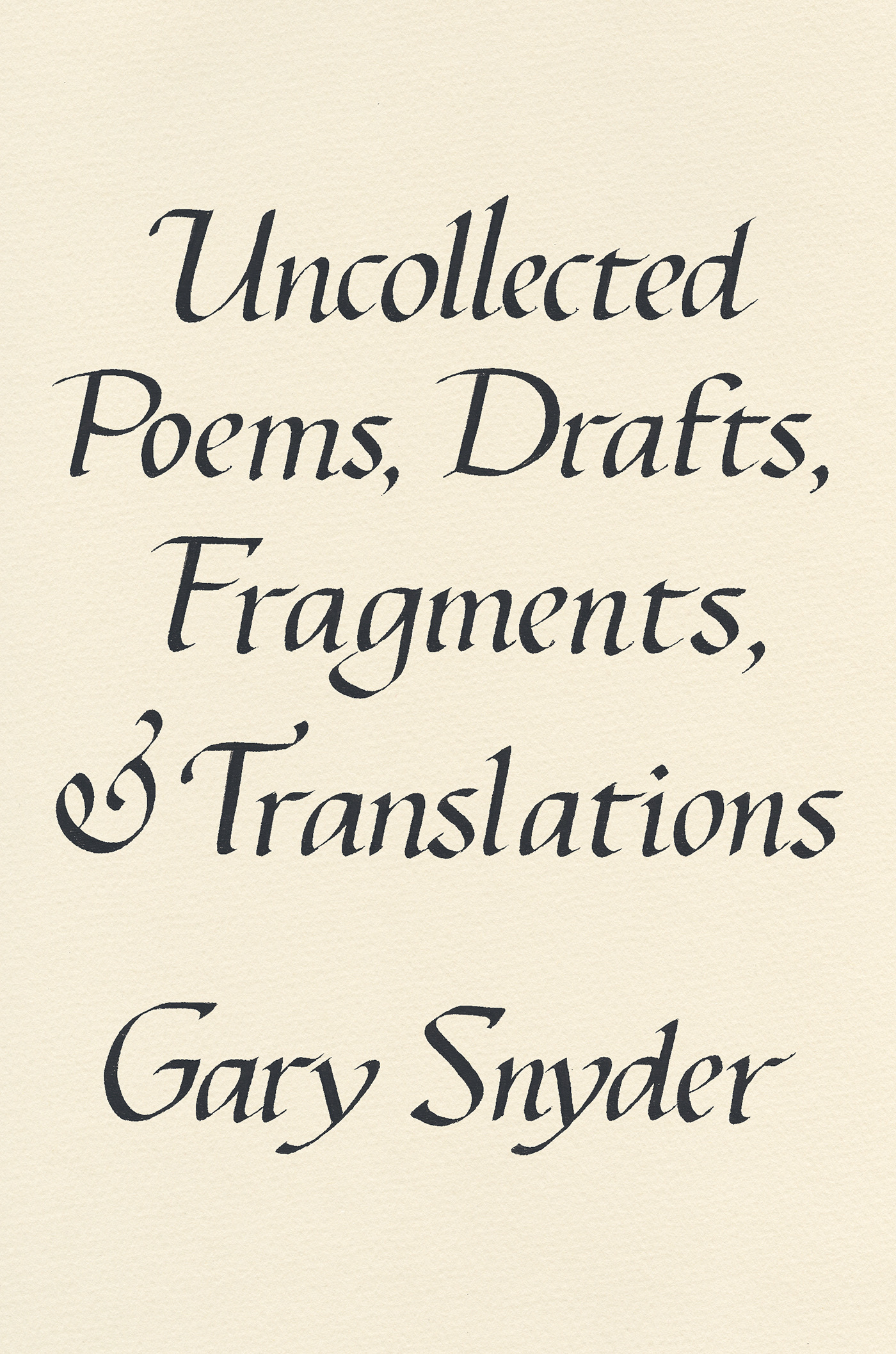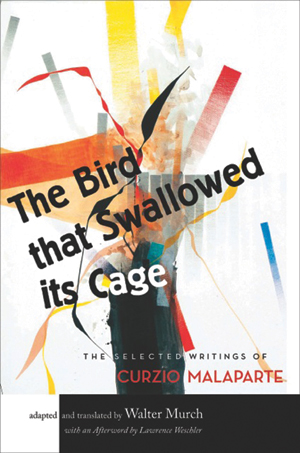
The Bird that Swallowed Its Cage
The Selected Writings of Curzio Malaparte
Lawrence Weschler & Walter Murch
On Sale: 03/04/2014 | $16.95
9781619022812 | Paperback 6 x 9 | 176 pages Buy it Now
Book Description
Walter Murch first came across Curzio Malaparte’s writings in a chance encounter in a French book about cosmology, where one of Malaparte’s stories was retold to illustrate a point about conditions shortly after the creation of the universe. Murch was so taken by the strange, utterly captivating imagery he went to find the book from which the story was taken. The book was Kaputt, Malaparte’s autobiographical novel about the frontlines of World War II.
Curzio Malaparte, an Italian born with a German heritage, was a journalist, dramatic, novelist and diplomat. When he wrote a book attacking totalitarianism and Hitler’s reign, Mussolini, in no position to support such a body of work, stripped him of his National Fascist Party membership and sent him to internal exile on the island of Lipari. In 1941, he was sent to cover the Eastern Front as a correspondent for Corriere della Sera, the Milano daily newspaper. His dispatches from the next three years would be largely suppressed by the Italian government, but reverberated among readers as painfully real depictions of a landscape at war.
The film editor, fluent in translating the written word over to the languages of sight and sound, began slowly translating Malaparte’s writings from World War II. The density and intricacy of his stories compelled Murch to adapt many of them into prose or blank verse poems. The result is a book of surprising insight and strange beauty.
Praise For This Book
Praise for The Bird That Swallowed Its Cage"Unusual, engaging literary synthesis from a renowned film artisan and his private obsession, an Italian writer and political radical largely unknown in America…sparkling prose drives a fascinating snapshot of a literary life buffeted by the great conflicts of his time."—Kirkus
"Curzio Malaparte is one of the most startling and unexpected chroniclers of the violence of the twentieth century, and Walter Murch's translations are tone–perfect." —Robert Hass








